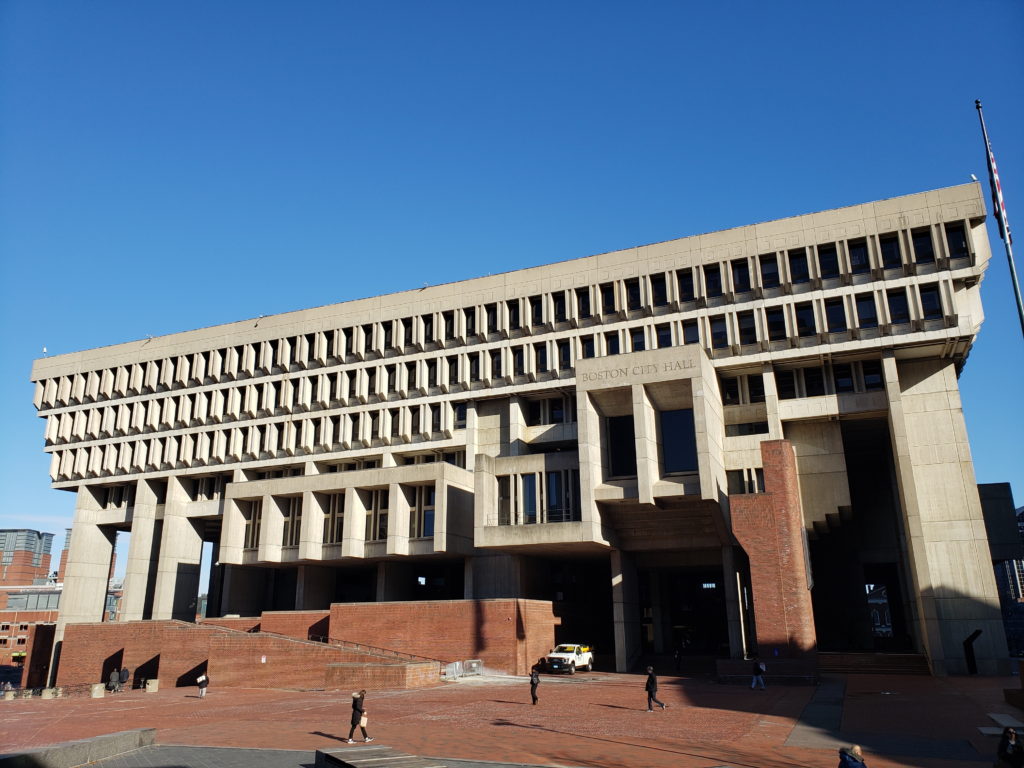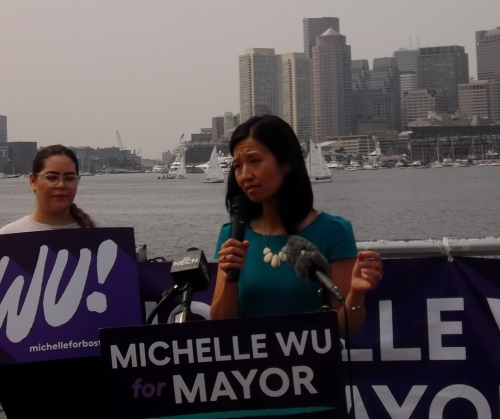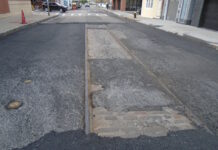There are eleven pages of City of Boston jobs listed on the City’s website.
Some – a lot, actually — have gone unfilled for many months. It’s unclear why, but certainly one factor has to be the rule (one with only a few exceptions) that a City employee must reside in the city.
Many of the eleven pages of jobs do not pay enough to cover the City’s sky-high rents, to say nothing of how much homes or condos cost to buy. Something had to give, and recently Mayor Wu has ordered exceptions to the residency requirement be granted for certain low-paying, but vital, city jobs.
You can link to her order here.
One might argue, contra, that applicants who already live in the City already have their living arrangements in order, else how could they be living in the City, and thus, for them at least, no exceptions to the residency rule need be given. Yet this argument falls short. Evidently there have been no qualified City-job applicants for such low-paid jobs, and Wu judges that the reason is that residents – who might already have jobs, sufficiently paid to afford a City residence, have passed on these jobs because, although City jobs are secure, as private sector jobs might not be, they can’t afford a cut in pay.

Thus, the decision to open up these jobs to people who do not live in Boston, and who might be able to commute to them from towns to the south of Boston, where rents are quite cheaper than in the City.
We’ll see if it works. A long commute, from Brockton, or, better yet, Taunton, where rents are about half of what Boston is used to, has its own money burdens. My purpose now is to argue that the City residency requirement is going to have to give way to a lot more jobs than the very low-paid ones covered by Wu’s order. There just isn’t an escape route.
The City continues to see tons and tons of “luxury condos” built and proposed. East Boston has almost eighty proposals up for a zoning appeal. Add to these several other developments already being built or out for renting. The rent prices range from maybe $3200 and up, as high as the mid-$4000s. Given that rental agents insist on an applicant having income equal to three times the rent – at least – the income necessary to be accepted starts at $9600 a month: $115,200 a year. This is more than double the City’s median income. It is also way, way more than all but a few of the present eleven pages of job openings will pay.
So who, then, is to fill them? Certainly not any tenant accepted at one of East Boston’s current or planned “luxury condos.”
Those condos, charging top dollar, will be taken, probably, by the thousands of bio technology scientists, very highly paid, who are moving into Boston, and by the entrepreneurs and IT professionals who are coming to America’s biggest East Coast “silicon hub.” This we know. But all of these high earners also work extremely long hours and need armies of service workers to do child care, home clean ups, landscaping, plumbing repairs, swimming pool maintenance, gym and sports room maintenance, restaurant help, shopping, and the like. So, where are these thousands upon thousands of service help to live?
Answer: if they don’t already live in Boston – more about these folks later — same place as the vast majority of City employees must live, earning a typical City salary f $ 38,000 to $ 70,000: well beyond the borders of Boston.

It used to be, that Boston’s City employees came from long-time City families, of whose members worked for the City as had their parents and grandparents. But that sort of family tradition has all but faded it, replaced now by merit hires. In addition, there are fewer families of any kind living in the City: a school system that once served 92,000 kids now serves about 48,500. (it use to be thought that this decline resulted from parents choosing the parochial schools, but the number of Catholic schools within Boston has also declined, drastically.)
It might still work for a family of two City of Boston to afford a City residence (but not for two earning $38,000 each), but today’s City living units are, more and more, geared to singles. I see so many “units” on Zillow with less than 800 square feet, some with less than 600 sq. ft: that’s a really small place even for one person. For two, it’s very squeezed. And two people often mean a family – not roommates – and if that family has a kid, it is moving out.
City residency of course still works for members of families who bought a home in the City 10, 20, 30 years ago and more. In those lost times, home prices were a fraction of today’s price. Homes in East Boston, for example, could be purchased in 1990 for $50,000; in 1980, for $30,000 or less. Many homes bought then are still owned by the folks who bought. It’s no problem for members of those families to keep a City residency while doing a $38,000 a year job.
It’s also not an economic challenge for members of an extended renting family – of which there’s a great many in East Boston – to bunk up four, five, six, even seven to an apartment while paying a $ 500 a month rent split many ways while doing that $38,000 a year job.
Still, the above two examples cannot now be replicated. Nor is it likely that they will be seen again in our lifetimes.
All of what I’ve said suggests that Mayor Wu is going to have to broaden by a lot the exceptions to its employee residence rule, whether or not it wants to.
Either that or it will have to subsidize a whole lot of city employees’ rents – a process which would require new City ordinances which haven’t been suggested and which, if suggested, might struggle to get adopted.
The next move is Wu’s to make.
October 3, 2022
— Mike Freedberg
Mike Freedberg is editor and publisher of the blog, Here and Sphere. He is also a political consultant. He regularly contributes original, participatory content to EastBoston.com.














